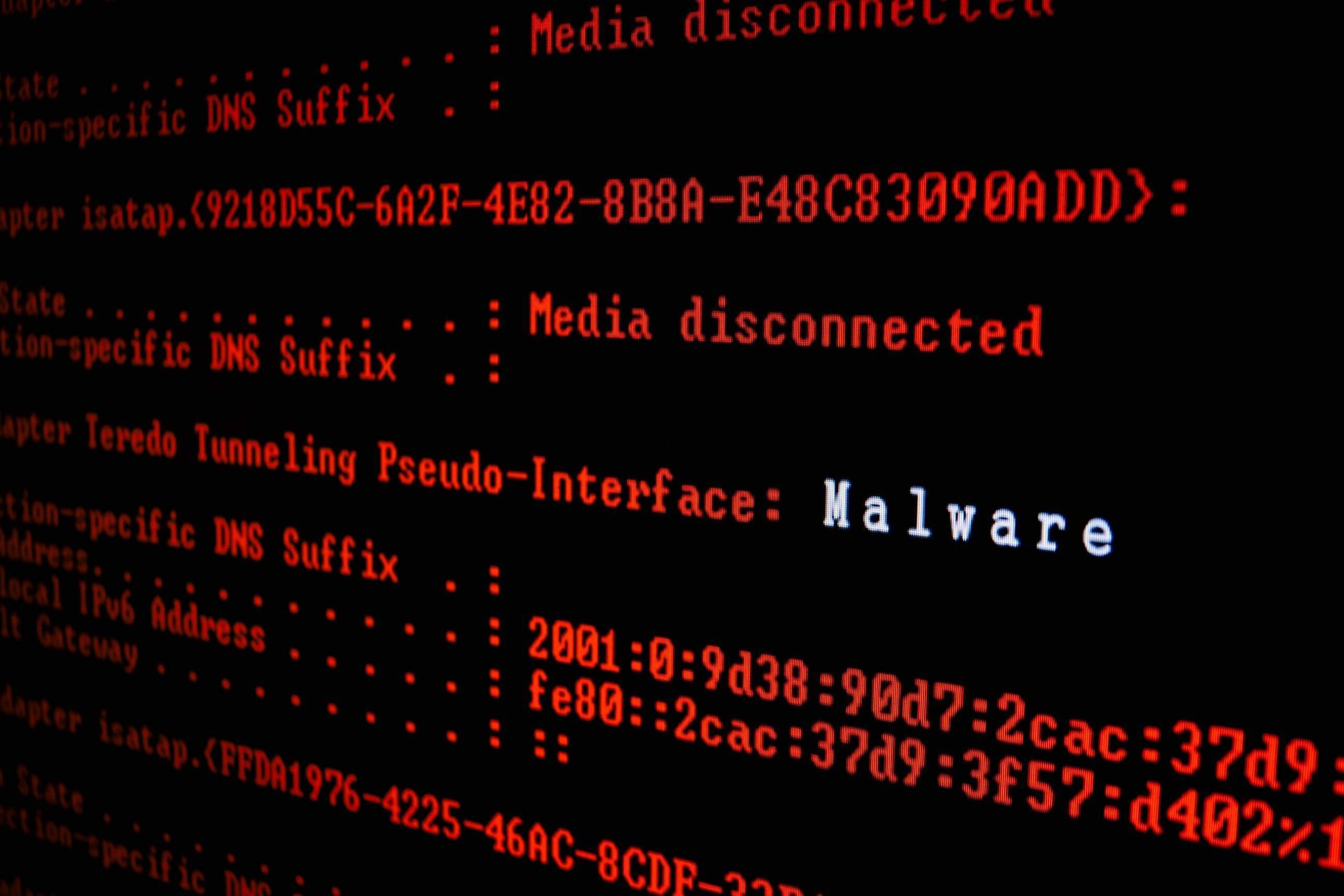
Hackers have a tendency to hide malicious code in apps and software that you think is safe.
This week, it was revealed that the popular CCleaner anti-malware software had been compromised with a malicious program planted inside the free software.

Access deeper industry intelligence
Experience unmatched clarity with a single platform that combines unique data, AI, and human expertise.
Piriform, the company that makes the program, announced that hackers had gained access to devices with the CCleaner software installed, giving them the power to control an estimated 2.27m devices.
The company released a statement. saying:
We resolved this quickly and believe no harm was done to any of our users.We apologise and are taking extra measures to ensure this does not happen again.
Piriform added that it is working with US law enforcement in their investigation into what happened and who carried out the hacks.

US Tariffs are shifting - will you react or anticipate?
Don’t let policy changes catch you off guard. Stay proactive with real-time data and expert analysis.
By GlobalDataCCleaner infection is the example of a growing trend
The infiltration of CCleaner isn’t the first time this has happened. It’s becoming somewhat of a trend for hackers to hide malware code in anti-malware softer.
Recently, it was found that malware was being distributed in Android apps, such as Telegram, which installs the SonicSpy spyware onto a device.
The malware gave the hackers the power to perform 73 different functions on an infected device. They could make and record calls, track location, as well as take photos and audio recordings.
Google has since removed the apps that contained the malware from the Play Store. Yet, it is still disconcerting for the user.
It reinforces the fact that users need to be careful with their devices and the programs that they use. In August, a record-breaking spam list of 711m emails and passwords were leaked online.
Troy Hunt, security expert and head of the compromised email checking tool Have I Been Pwned, said that this was the largest data list he had ever come across whilst working on the project
“Just for a sense of scale, that’s almost one address for every single man, woman and child in all of Europe,” he wrote at the time.
As well, earlier this week it was revealed that the torrent site PirateBay had been using its visitors’ computer resources to mine cryptocurrencies while they illegally download movies and games.
This was part of a new method of monetisation for the site. However, it has since removed the function after outrage.
If you’re concerned about sites using your computer’s CPU to mine for cryptocurrencies in the future, here’s how to prevent this from happening.
As well, make sure you’re using strong passwords and take advantage of a password manager if you want to stay safe online.







